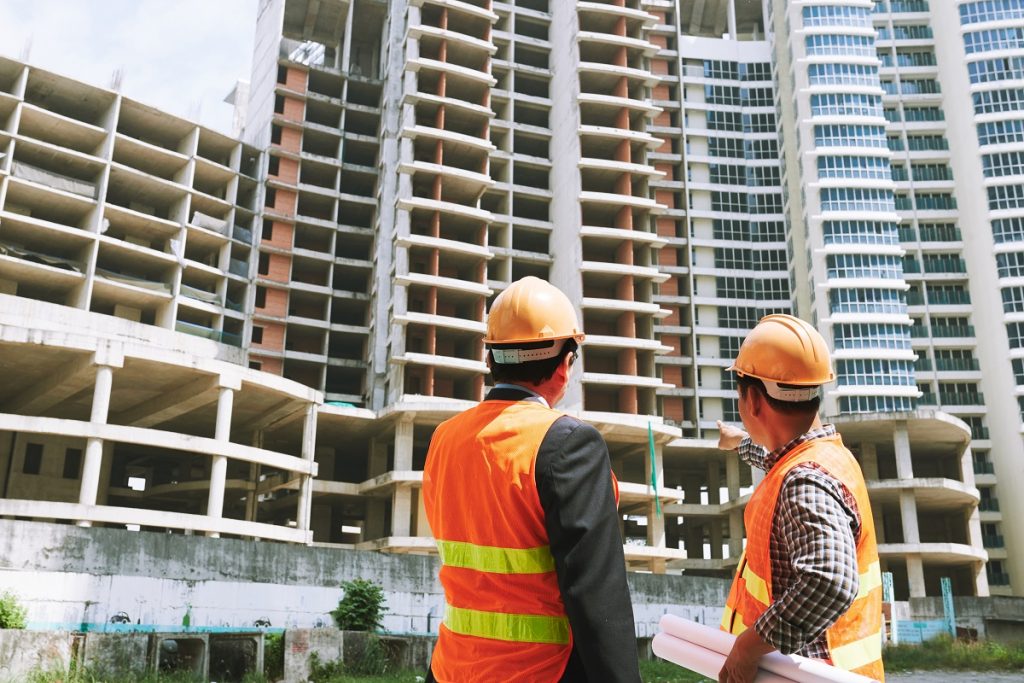What are the structural applications of pipes?
- Concrete Piling Casing
- Pipe Casing
- Scaffolding
- Steel Pole and Pole Signage
- Fencing
- Handrails
It’s common knowledge that pipes are used for numerous industries. However, one can argue that the structural application of pipes is what shaped the construction industry today.
As the leading steel pipe supplier in the Philippines, we recognize that more and more structures are being built every day. In this setting, the stronger the materials, the better. After all, this factor is what dictates the structural integrity of facilities.
Steel pipes have been preferred by contractors, engineers, and contractors ever since it was created. What makes it such an ideal material is the unmatched durability. Steel pipes also come in a wide variety of sizes and grades, making it highly versatile.
Here are a few structural applications of pipes. Read on!
Concrete Piling Casing
The number one priority of the construction industry is to ensure each structure is built with safety and durability in mind.
For any structure that will bear large loads, a deep and strong foundation is essential. This is why concrete piles are driven into the ground to act as steady support for the structures built on top. Underneath roads, bridges, highways, railways, floating airports, and oil rigs, the piles remain in place through friction with the soil.
Under conditions where the soil is loosely packed and there is a concern regarding stability over time, the application of steel pipe casings is of utmost importance. Once the pipes go down, it leads to more friction from all sides of the soil, therefore holding the foundation firmly.
In some cases, steel pipe piles are filled with additional concrete to offer more capacity support and corrosion resistance. If it so happens that the pipe pile is corroded, the load-bearing capacity will remain intact because of the concrete.
Simply put, steel pipes are used for concrete piling casing to ensure foundations have adequate weight-bearing capacity. As a structural material, they are ideal to work with because of the capacity to withstand heavy loads and other environmental hazards. These pipes can also be customized to exact load requirements as well.
Pipe Casing
In general, steel pipe casings are highly versatile. From protecting water lines, electrical power cables, natural gas lines, gas wells, sewer pipes, to even optical fiber lines – pipe casings are used widely.
It is welded, threaded, and installed together to protect utility lines from getting damaged. Again, the durability of pipes shines once again in this structural application. In the case of damage that can occur due to the elements of nature such as earthquakes or fires and other human activities, pipe casing will not succumb easily.
Scaffolding
Scaffolding refers to a platform that elevates and supports workers during construction, repair, or cleaning. In other instances, workers also use it to transform heavy equipment and supplies.
As a key provisional structure, scaffolding should offer safety and access suitable for workers to carry out their tasks. These structures are simple to erect and to dismantle. The pipes are simply joined by steel fittings to create scaffolding.
For most structures, steel pipes are considered a necessity because the weight of the scaffolding itself requires immense strength. It is common knowledge that steel pipes are immensely durable and fire-resistant.
Steel Pole and Pole Signage
Steel pipes are also commonly used as poles and signage. In major highways and roads, steel pipe poles carry electric power lines. These lines distribute electricity from local substations to the homes of customers.
On the other hand, steel pole signage is put in place to relay significant information that may include directions, highway limits, and driving rules. Oftentimes, these pipe signage support traffic lights around cities as well.
Fencing
Another great example of steel pipes being used as a structural material is fencing.
For one, these fences protect pedestrians on sidewalks by separating indicating how close the vehicles can be. They can also be used for working cattle pens and even entryways at homes and ranches.
Pipes fences are created to be durable and impact resistant. If it so happens that a vehicle or an animal crashes into them, the pipes would absorb the shock. The fences add a layer of security.
Handrails
Upon entering retail malls and other commercial establishments, pipe handrails can be seen almost immediately. These can be used in staircases, ramps, bathroom handrails, and even PWD handrails. In an industrial setting, the most common kind of pipe handrails is the two-rail pipe railing. It has a top and mid railing that serve as a fall protection.
Key Takeaway
Pipes are known for being one of the most versatile materials that industries rely on.
And the structural application of pipes is of utmost importance to the construction industry.
When it comes to this highly demanded material, it’s important that you buy only the ones with the best quality. At Supreme Pipe—the top pipe manufacturer in the Philippines, we provide you with just that.
Click here to know more about our steel pipe products!
